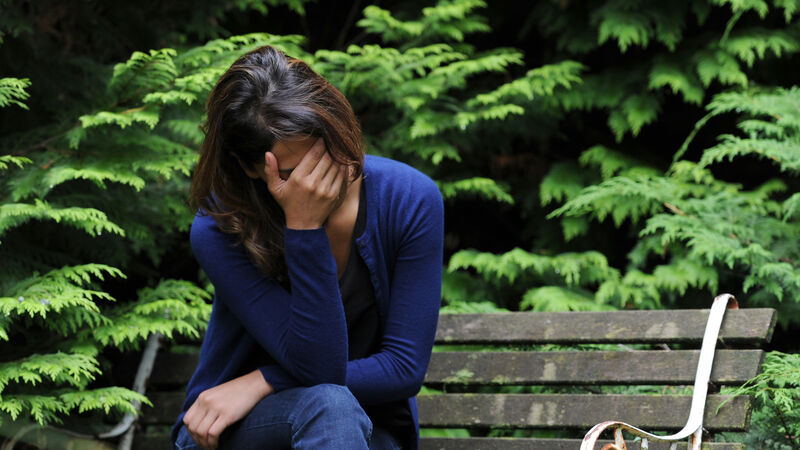Pandemic sees rise in sexual violence survivors ringing crisis helplines

The rape crisis centres believe the stay-at-home measures during the Covid lockdowns lead to the increase in the time spent on calls.
There was a 22% increase in contacts made to a sexual violence helpline and a 71% increase in the time spent on the calls in 2020 when compared to the previous year, the Rape Crisis Network of Ireland (RCNI) has said.
The support service for survivors of sexual assault and violence found that demand continued to increase during the pandemic.










